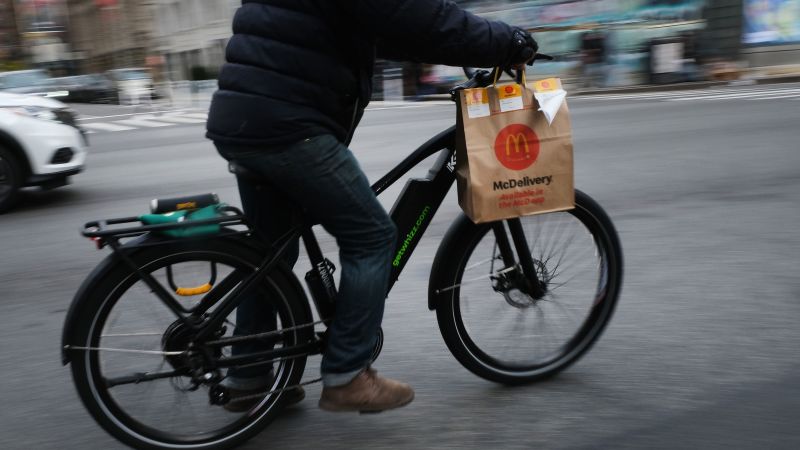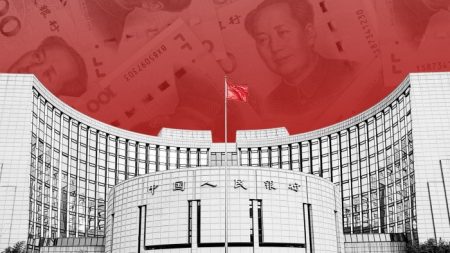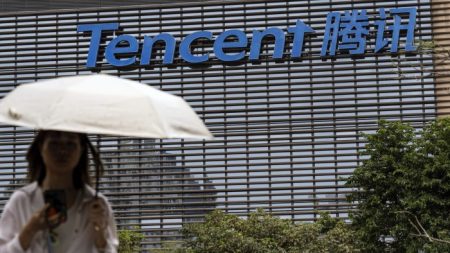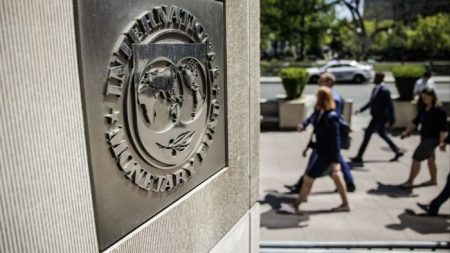New York City on Sunday announced a new minimum pay-rate for app food delivery workers amid a rise in use of services like Uber Eats and DoorDash since the pandemic.
Manhattan’s 60,000 food delivery workers currently make on average about $7.09 an hour, according to a news release from the city, explaining the new pay-rate will allow them to eventually earn at least $19.96 an hour. The pay will increase to $17.96 an hour on July 12 then increase again to nearly $20 an hour in April 2025.
Pay will be adjusted annually for inflation, the city added.
The city says delivery apps will have flexibility in how they pay delivery workers the new minimum rate. As long as workers make the minimum amount, apps can choose to pay them per trip, per hour worked or through their own formula.
“Our delivery workers have consistently delivered for us — now, we are delivering for them,” New York City Mayor Eric Adams said in a statement. “This new minimum pay rate, up by almost $13.00/hour, will guarantee these workers and their families can earn a living, access greater economic stability, and help keep our city’s legendary restaurant industry thriving.”
Apps that pay workers for the time they are waiting for a trip and their trip time must pay at least $0.30 a minute once the changes start in 2023. Apps that only pay once a driver accepts a delivery trip will have to pay at least $0.50 a minute, the release said. The rates do not include tips.
“While there’s still work to do, a minimum pay rate for food delivery workers will transform the lives of thousands of families across the city and deliver long overdue justice for deliveristas,” Ligia Guallpa, executive director of the Worker’s Justice Project, said in a statement. The group works to advocate for delivery workers in the city.
However, DoorDash said in a statement Sunday that it is considering litigation to push back against the city’s “extreme policy,” saying it goes beyond the standards other industries are held to – though it’s not opposed to a minimum wage for delivery workers.
“Today’s deeply misguided decision by the DCWP ignores the unintended consequences it will cause and sadly will undermine the very delivery workers it seeks to support,” a spokesperson for the company said. “Given the broken process that resulted in such an extreme final minimum pay rule, we will continue to explore all paths forward — including litigation — to ensure we continue to best support Dashers and protect the flexibility that so many delivery workers like them depend on.”
Uber Eats said the city is not “being honest with delivery workers” in a statement Sunday. Uber also owns Postmates.
“They are telling apps: eliminate jobs, discourage tipping, force couriers to go faster and accept more trips – that’s how you’ll pay for this,” Josh Gold, a spokesperson for Uber Eats said in a statement.
Delivery orders spiked during the pandemic. In 2019, delivery accounted for about 7% of total US restaurant sales, according to Euromonitor International. After a spike in 2020, it settled at nearly 9% in 2021, still higher than pre-Covid levels.
New York City struggled handling the rise of online ordering and managing the tens of thousands of workers who make it happen. The lack of infrastructure for food delivery created problems for workers, pedestrians and residents, leading lawmakers to encourage more bike lanes, new rules around bathroom access and an ongoing campaign to combat the risk of lithium-ion fires in electric bikes and scooters, CNN reported.
Delivery workers also struggled to find spaces when it rained or access to restrooms.
“People view delivery workers as dirty, smelly and taking up too much space,” said Joshua Wood, a member of Workers Justice Project told CNN in May. “They want us to be this invisible army that gets what they need done. They don’t want to pay attention to how the sausage gets made.”
Local Law 115, passed in 2021, required the Department of Consumer and Worker Protection to study delivery worker pay and treatment. The Adams administration said it is working with Los Deliveristas Unidos to convert vacant newsstands into shelters for delivery workers, as well as to charge electric bicycles and phones.
Read the full article here













